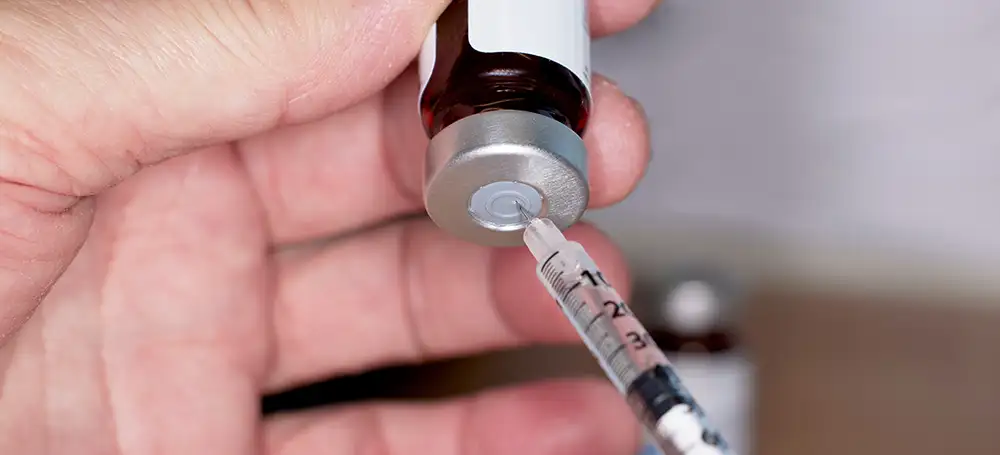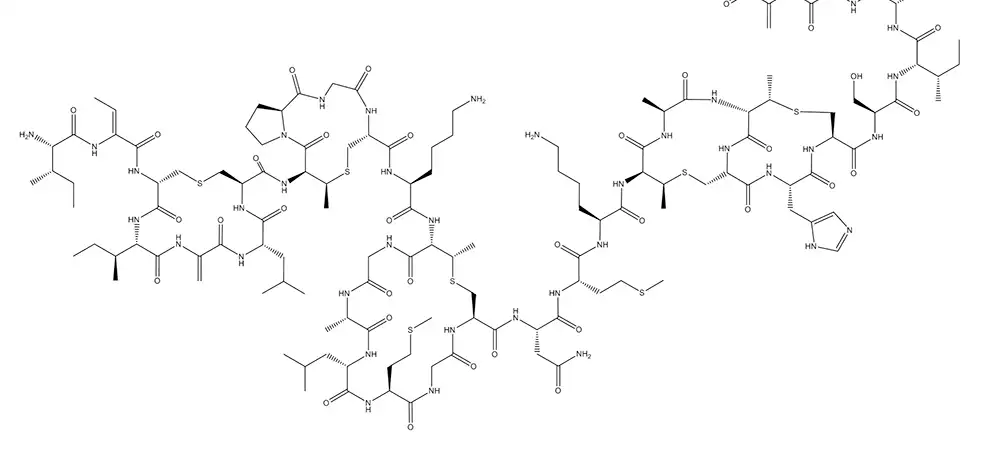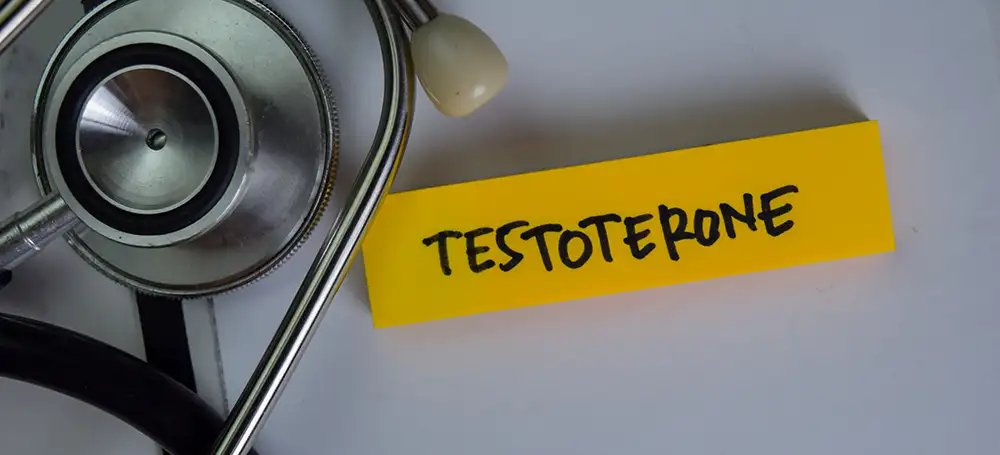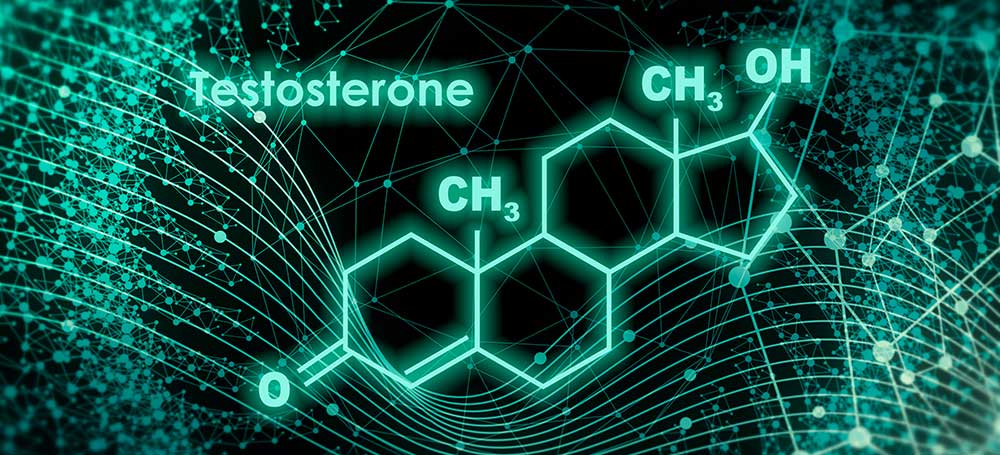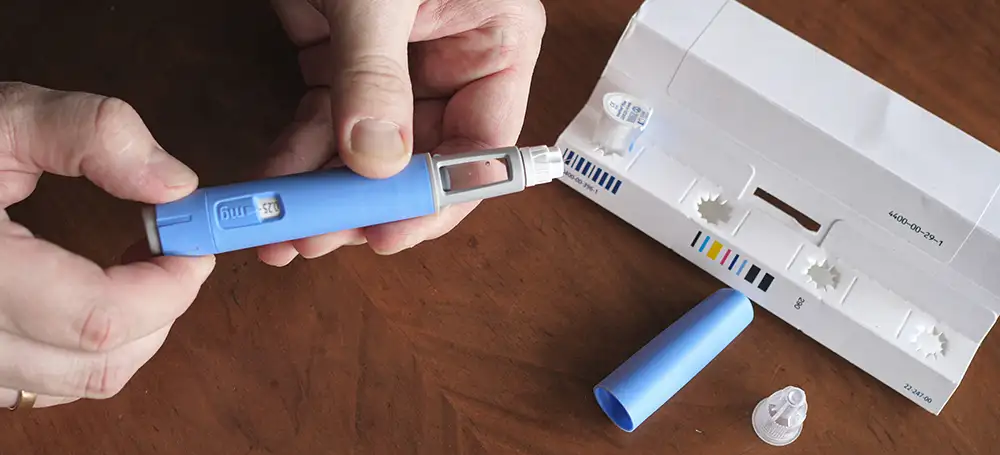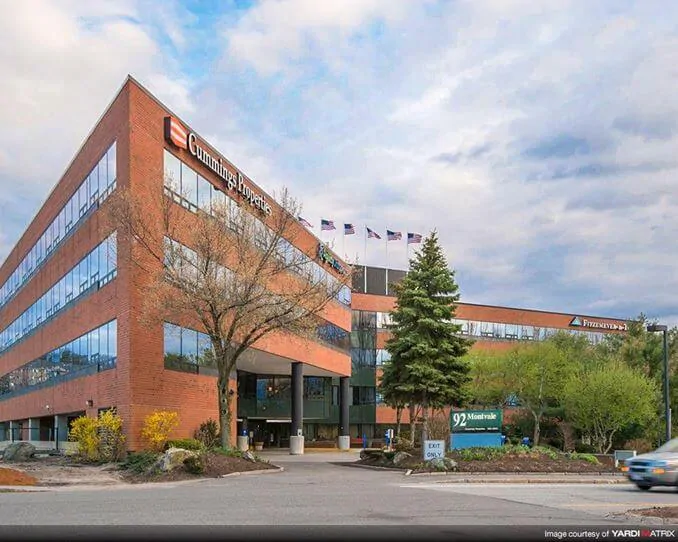The sun may be shining bright overhead, but you feel as if you’re carrying around your own personal gray cloud. Your energy is low much of the time, and even getting yourself out of bed and to work seems more difficult than it used to be. Perhaps you’ve lost interest in the things that used to make you happy. Even sex seems like a chore at times. You tell yourself you’re just working too hard. You’re just tired, that’s all. Maybe this is just part of what it means to grow older.
Maybe. But maybe you’re facing depression. And possibly that depression is inexorably linked to decreasing levels of testosterone inside your body.
That may sound like bad news — but there’s hope. Plenty of it. Because your low testosterone levels (and your depression) can be treated. Keep reading to learn about the link between depression and low testosterone and about the steps you can take to unravel the two and get the treatment you need.
Signs of Depression
If you’re depressed, it doesn’t mean you spend all your time moping around and feeling sad. Depression can manifest in several surprising ways, including the following.
Anger
For some men, depression shows up looking like anger. Your loved ones and co-workers may not understand why you’re lashing out or venting in their direction — and you may not understand it, either. But the source of your anger could actually be undiagnosed depression. And it may have physical causes. Seeking help for your anger may open up doors to beneficial treatment.
Memory Lapses
We can all joke about walking into a room and not remembering why you’re there or about forgetting where you put your keys — but when it keeps happening to you, it’s not so funny. Maybe you have trouble remembering the name of the person you just met, or an old friend talks about an experience you shared and you can’t find any mention of it anywhere in your memories.
Memory lapses aren’t necessarily (or just) a sign of getting older. They can also be a symptom of depression. They can occur because your brain isn’t getting the chemical input it needs to work properly. That could be because you’re missing the right levels of important hormones. It’s important to understand what’s at the root of the problems you may be experiencing with memory and with the ability to focus and concentrate.
Boredom
It’s one thing to be bored at work. Maybe you just need a promotion or to look for a new job. But when the things you really take joy from start to become boring, you’re likely seeing a symptom of depression.
Let’s be honest: when sex becomes boring, you’ve got a problem. And maybe you’re finding you don’t care about hanging with your friends, or hearing about your kids’ day at school, or training for that marathon the way you used to.
Look at your schedule. Have you been dropping out of the things you used to do all the time? Do you find yourself staying at home more than is healthy? If you’re bored, you’re probably actually depressed. And your testosterone levels could be feeding into that.
How Testosterone Levels Affect Mood
Testosterone is one of many hormones that can affect your mood. When production of testosterone is high, you’re likely to feel energized, powerful or sometimes irritable. If your body isn’t producing enough testosterone, your system shifts into a place of hormonal imbalance. That’s because the production (or lack thereof) of one necessary hormone can affect the levels of other hormones. Testosterone appears to affect the production of serotonin, a hormone that, among other things, creates a feeling of contentment. When testosterone is low, it’s not surprising you are likely to feel stressed, fatigued, weak, depressed and anxious.
Men’s production of testosterone decreases naturally as they get older, dropping an average of 1% per year starting in their 30s. For some men, testosterone levels stay normal even with that reduction. For many men, though, the natural decrease in testosterone production results in clinically low levels, below the normal levels of 300 to 1,000 nanograms per deciliter. Those low levels of testosterone are very likely to affect your mood, and they’ll result in other physical symptoms as well.
Emotional and Psychological Symptoms of Low Testosterone
Low testosterone can affect your mood in several ways. Among the emotional and cognitive symptoms you might experience are:
- Fatigue
- Social isolation
- Inability to focus
- Irritability
- Decreased sex drive
- Loss of motivation
- Anxiety
- Sleep disturbances
- Mood swings
Take another look at that list. It looks a lot like the symptoms you’d expect from someone who’s depressed, doesn’t it? It’s very possible for someone to be diagnosed as having clinical depression when they’re actually dealing with testosterone deficiency.
Separating Depression and Low Testosterone Symptoms
Depression and low testosterone share many symptoms, including a decreased sex drive, anxiety, sadness, memory problems, irritability and difficulty concentrating. So how can you figure out what the cause for your mood-related symptoms might be?
The real answer is to be tested for low testosterone levels. Before you get to that point, though, you should assess any other physical symptoms you’re experiencing. Men with low testosterone levels may also experience decreased muscle mass, weight gain and, in some cases, erectile dysfunction. If you’re experiencing any of these in conjunction with your mood-related symptoms, it’s time to make an appointment for testosterone testing.
Of course, the physical symptoms of testosterone deficiency don’t stop there. You’re unlikely to be aware of the loss of bone density caused by low testosterone levels — until you break a bone for what seems like no reason at all. You’re also at greater risk for diabetes and heart disease if your testosterone levels are low. These silent symptoms are all the more reason to get tested.
In contrast, there are few physical symptoms resulting from clinical depression. If you’re experiencing headaches or back or neck pain, they may be related to depression. In either case, seeing a doctor to get to the root of the issue is a good idea.
Treatment for Low Testosterone and Depression
If your depression is a symptom of low testosterone levels, then it makes sense that restoring normal testosterone levels to your body will help. Testosterone replacement therapy can make the difference for many men. It may minimize symptoms associated with depression and help with issues regarding weight gain, insomnia, sexual dysfunction and loss of muscle mass.
Treatment for low testosterone can take many forms. You may opt for an injection that keeps your testosterone levels boosted for a week or so at a time, delivering it yourself or going to your doctor for treatment.
Some men like to be fully in control of their therapy, so they opt for topical gels they can apply themselves, with the testosterone absorbed through the skin. Similar to this method of delivery are testosterone patches. This method is similar to nicotine or motion sickness patches.
Some men would prefer a set-it-and-forget-it type of testosterone treatment, choosing to have slow-release pellets inserted under their skin so they can go months at a time without having to think about their testosterone therapy.
Treatment for depression, on the other hand, typically involves regular visits to a mental health professional. Some men take medications to treat depression, while others rely on a combination of techniques that include meditation, talk therapy, journaling, exercise, proper nutrition, eye movement therapy and cognitive behavioral therapy. Even if you find that your most significant symptoms of depression are a result of low testosterone levels, these types of treatment may prove fruitful as well.
How Treatment for Low Testosterone Can Help Depression
Researchers have shown testosterone treatment results in improvement of symptoms of depression, though scientists aren’t yet fully knowledgeable about everything going on in the brain to cause this. It appears testosterone helps with the body’s production of serotonin and cortisol, both of which help regulate mood. Research suggests testosterone replacement therapy may be the only treatment needed for the depression of men with low testosterone levels.
But testosterone replacement therapy may be of value to even more people. A 2014 study at St. Louis University showed testosterone therapy can cure some cases of minor depression all on its own, even for people without any testosterone deficiency. Testosterone therapy appears to be especially effective for people who are younger than 60.
When to See Your Doctor
Both low testosterone levels and depression are medical conditions that require a visit to a medical professional. If you’re experiencing symptoms of depression, you may need to see a therapist or a psychologist for treatment. However, if those symptoms overlap with the mood-related symptoms of testosterone deficiency, you may want to start by visiting your men’s health clinic for testosterone testing. That’s particularly true if you’re also experiencing unexplained weight gain, loss of physical strength or muscle mass, or any sexual symptoms, including erectile dysfunction, a drop in your sex drive or other issues involving sexual performance.
Getting your hormones checked, including testosterone, is a simple procedure. Your men’s health doctor will arrange for some blood tests and go over your symptoms — physical and mental health included — in great detail. The results of your blood tests will reveal what’s really going on in your body, so you and your doctor can make treatment decisions together.
There’s no need for you to suffer in silence with symptoms of depression, no matter how they’re manifesting in your life. Yes, many men have been raised to keep mood-related symptoms and complaints to themselves — but why should you stay hidden in the shadows when there could be a simple answer that might have positive impacts across so many areas of your life?
If you’re feeling moody or fatigued, if you find yourself getting angry for no reason, or if you just can’t summon up the interest you used to have in things you know you love, it’s time to take action. At Boston Vitality, we understand how men’s hormones work. We know the effect they have on everything from mental clarity, sex drive and energy levels, to weight gain, healthy sleep and, yes, depression and other mental health issues.
All the talk therapy in the world, as valuable as it can be, won’t help you if your true problem involves hormonal deficiencies — and that’s where we come in. Treatment is available to help you understand what’s happening to your body and get your mood back to normal.
As the foremost expert in men’s health in Massachusetts, Boston Vitality can help you get to the bottom of your symptoms and get you back on the path to well-being and renewed vigor. If you’re a man in Boston wondering what’s going on and why you feel older for no good reason, it’s time to give us a call today.




